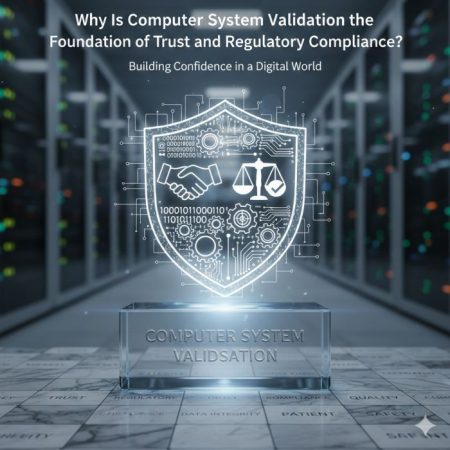To this end, we will expand business-related investments for energy saving and digitalize energy demand management.
The government held the Energy Committee on the 19th to deliberate and finalize the 6th Basic Plan for Rationalization of Energy Use (2020-2025).
The 6th Basic Plan for Rationalization of Energy Use is a national mid-to-long-term implementation strategy in the demand sector of the ‘3rd Basic Energy Plan’, the highest energy plan established by the government last year.
It contains mid- to long-term demand management and efficiency improvement plans to support the settlement and spread of energy conversion in terms of demand and to proactively respond to climate change and the post-corona era.
In their quest to making local consumption of energy, most affordable and efficient, governments and private entities are aggressively pursuing an energy storage system. Using solar power, including solar air conditioners and lighting solutions can reduce the dependence on traditional sources of energy like fossil fuels. Not only are renewable sources much more efficient in nature, they are also low on maintenance and costs. This is one major reason why governments all over the world are working with reputed private companies to lead research and innovation in this field.
The government has decided to improve energy efficiency (energy unit) by 13% from 0.108 TOE (oil equivalent ton) per 100 thousand won to 0.094 TOE per 100 thousand won by 2024.
The energy consumption is planned to be reduced by 9.3% from 1940.7 million TOE to 1765 million TOE.
Compared to the 5th basic plan for rationalization of energy use established in 2014, energy efficiency is 1.5 times and consumption reduction is 2.3 times higher.
To achieve the goal, the government will expand funding and tax support for promising energy-saving projects to stimulate related investment.
Currently, deductions for energy saving facilities, etc. are applied to large corporations, mid-sized corporations, and small and medium-sized enterprises by 1%, 3%, and 7%, respectively, but in the future, additional deductions of 3% are possible in addition to the basic deductions 1%, 3% and 10%. It is a plan to improve.
The end of tax reduction for industries subject to special tax reductions for small and medium-sized businesses such as energy saving companies (ESCO) will be extended by two years from the end of this year to the end of 2022.
The government plans to introduce the mandatory energy provider efficiency improvement system (EERS) and create a new investment market through green remodeling of buildings and green smart schools, which are projects to improve energy performance in old buildings and schools.
The building’s green remodeling will be conducted for 225,000 public rental housing units by 2025 and 2170 children centers, health centers, and medical institutions by 2025, and Green Smart School will be applied to 55 national buildings and 2835 public and private elementary, middle and high schools by 2025.
In addition, the government will digitize demand management by expanding data collection, sharing and utilization.
By 2022, it plans to install advanced electric power meters (AMIs) in 5 million apartments and supply 30,000 gas AMIs to six regions including Jeju, Seoul, Gyeonggi, Gangwon, Daegu, and Gwangju.
By using AMI real-time data, the information sharing platform will be upgraded, and by 2022, smart energy platforms will be established in 10 industrial complexes, and building energy diagnosis DB will be established in 3,000 buildings of aging buildings.
In addition, in order to induce the people to voluntarily reduce electricity consumption, it is planning to activate the public participation type demand management system such as energy rest and gas cooling.
The energy efficiency/demand management system, such as the consumption efficiency rating system, the energy use plan consultation system, and the public institution demand management system, will be improved in the direction of suggesting mid- to long-term target standards and strengthening follow-up management.






